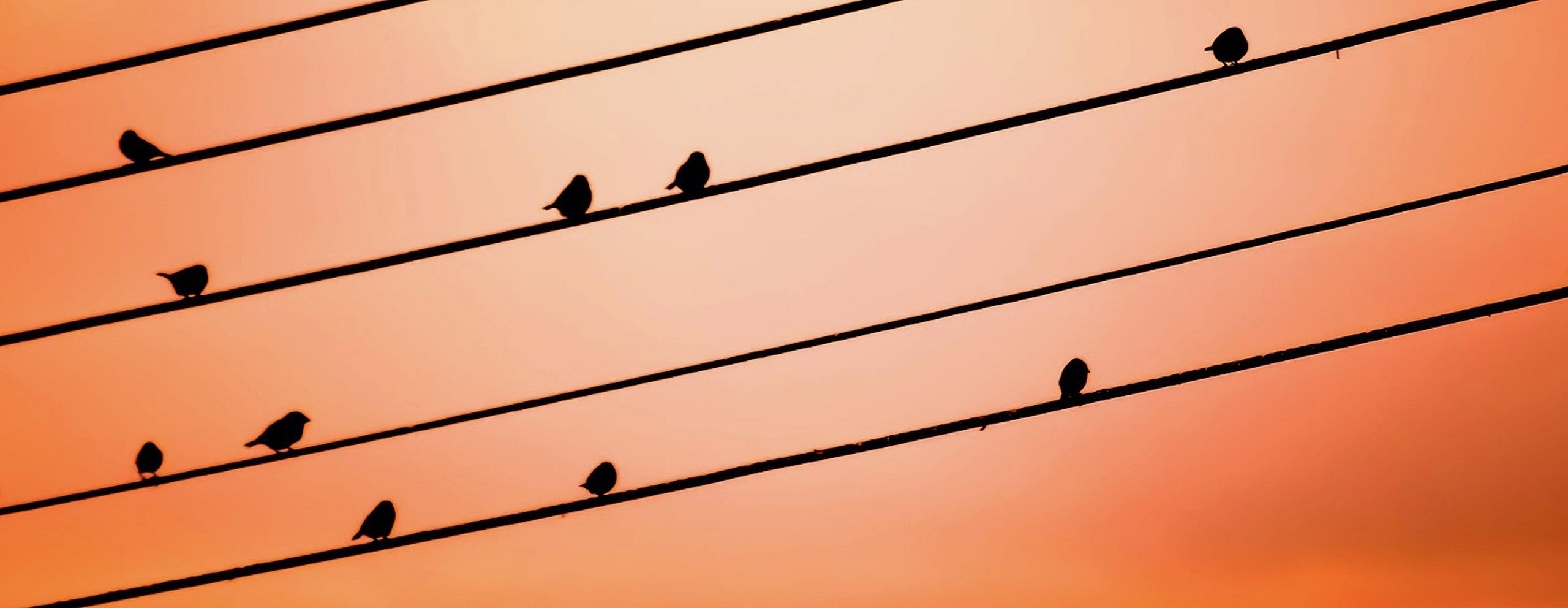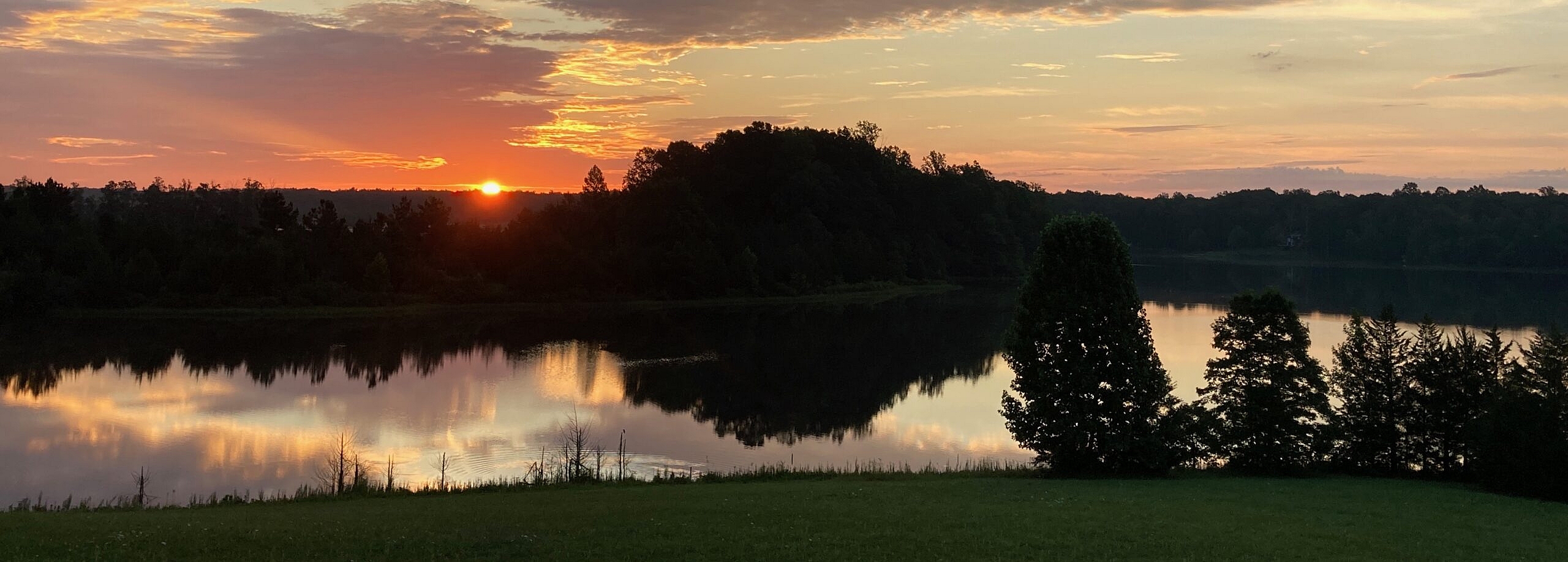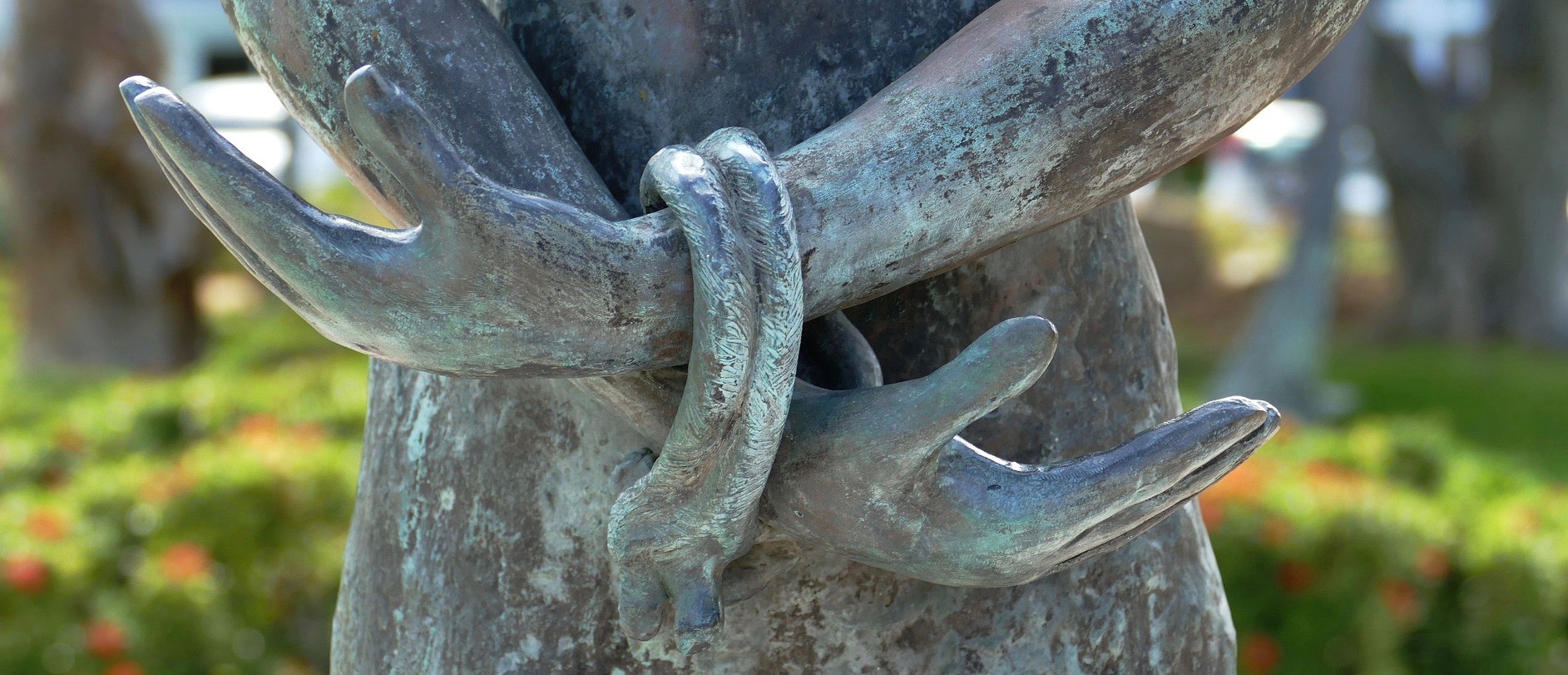
This originally appeared as a “Faith Perspectives” column in the St. Louis Post-Dispatch on July 13, 2020.
Over the past few weeks, I have taken part in more than a few online, faith-based presentations and dialogues focused on issues surrounding racial injustice in America. But even as we gather to help find our places and voices in the ongoing conversations, protests and proposed solutions to racial injustice and violence, we find ourselves in the liminal and paradoxical space that exists between hopelessness and hope.
With the exception of presenters and panelists who are people of color, these have been, by and large, conversations among white Catholics who profess to care deeply about the injustice and violence experienced by so many of our black and brown brothers and sisters.
We have gathered at the request and invitation of a wide range of Catholic institutions and religious orders, including the Archdiocese of St. Louis, the Marianists, the Jesuits and the Dominicans, and no doubt there were many more of these happening that I did not attend. As a Church, we’re good at gathering. It is the act of gathering, indeed, that makes us Church.
Of course, we all expressed that we feel helpless because the issues are so big, so old and so seemingly impossible. The virtual venues changed, but the questions remained the same: What should we be doing? What is our role here as a Church and as people of faith? We want so much to be hopeful. We search for signs that this time is different and find glimpses of goodness and light. We see more people who look like us taking part in peaceful protests. We see parents doing their best to learn about and explain racism to their children with a belief that they can, over time, slow or break the unrelenting and terrible cycle.
Some Catholics are becoming bold and outspoken in their belief that they cannot be prolife for unborn lives and not when lives are adolescent or adult and black or brown. We see more people willing to pause their lives and listen to and learn from others who live and experience racism every day. But talk is never enough. Education alone is never adequate. Faith without works is dead.
Despite what centuries of European art and iconography try to reveal, as Christians we pin our hope on the life, death and resurrection of a brown, Jewish man from a working-class village in the Galilean countryside. He doesn’t look like us. Surely, somehow, we can choose to remember that fact when we are tempted to think that the current unrest has nothing to do with us.
Jesus, if he was walking the earth today, would look less like the people gathered on my Zoom conference call and more like the gentlemen from Mexico or El Salvador who mow the grass in my neighborhood. He would look more like George Floyd or Rayshard Brooks than the people I gather to worship with on Sunday. So the questions we must ask are straightforward: How would we treat Jesus if we caught him running through our neighborhood late at night? What would we say about him and what would we call him if we thought he wasn’t listening? What excuses would we make about how he “had it coming” even as we drove the nails into his hands?
And yet there is room and need for hope, and so I will kneel and pray to God for the gift of hope in the midst of hopelessness. I will incline my ear and wait in hope for a response from a God who I believe listens to his people. But like people of all ages and colors who have prayed for so long and so hard for that same hope, I will ask God to please hurry.




6 comments On Standing Between Hopelessness and Hope
Thank you so much, Steve. I’ve been looking – without success – for the words to express my feelings regarding my hopelessness and despair, and wanting to be of service,
and you wrote them for me.
Thank you, Lena. I think we’ve all bee searching for the words.
I believe that the only way I can stop saying “they” is to be with them more often and call them friend. When “they” become my friends side by side working together…now I say “WE” and together WE realize we are children of the Creator. ONE BODY IN CHRIST. Anyway that’s my goal.
Thanks, Judy. Sage advice. Begin with ourselves…
Thanks Steve. The key words you quote here are “Faith without works” We, the Church, the Body of Christ are a community from which no-one is excluded. As such we are called to stand up for those members of our community who are suffering or are less fortunate than ourselves. We need to do something, to step beyond our comfort zone, to say “enough is enough” . But words alone are not enough, a change in our attitudes our perception of the other is also needed. As the disciples said” When did we see you naked?” Remember Jesus’ response. “When you did this to the least of my children” (Not exact words but you get the idea.)
Thank you, Peter. It’s a difficult time right now and we all have a positive role to play if we’re going to call ourselves Christians.